We may earn money or products from the companies mentioned in this post. This means if you click on the link and purchase the item, I will receive a small commission at no extra cost to you ... you're just helping re-supply our family's travel fund.

Japan doesn’t just welcome you — it humbles you. Precision lives in its train schedules, reverence in its silences, and surprise in its vending machines. For first-time visitors, it’s not the chaos but the quiet efficiency that catches you off guard. These aren’t just travel hacks — they’re cultural cues that make the difference between visiting Japan and truly understanding it.
1. Cash Is Still King
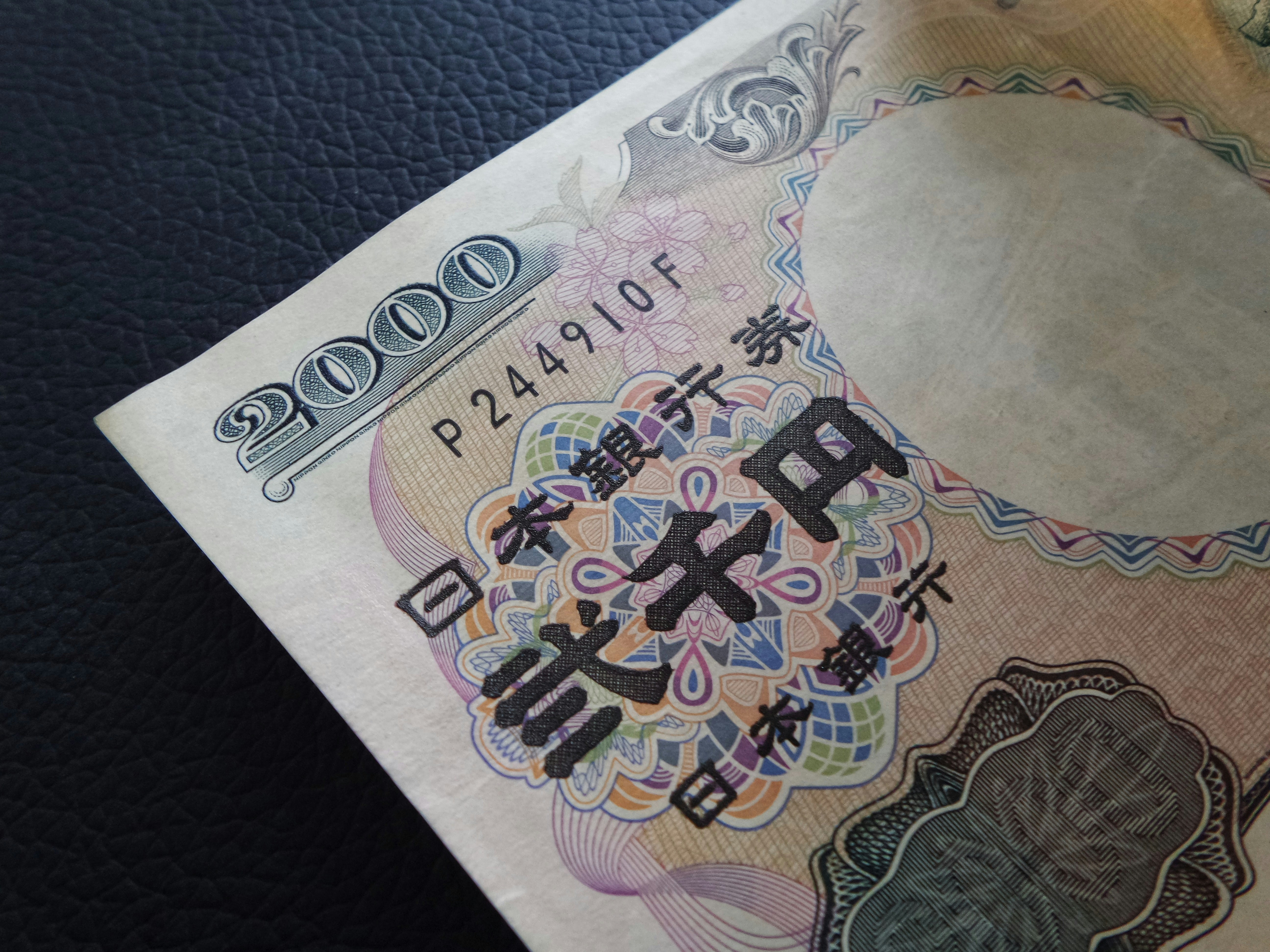
Despite its tech-forward image, Japan runs on yen — in your hand, not your phone. Many restaurants, temples, and even rural train stations don’t accept cards. ATMs in convenience stores like 7-Eleven are your best friend. Keep cash ready, not just for payments — but for respect.
2. Learn Basic Etiquette
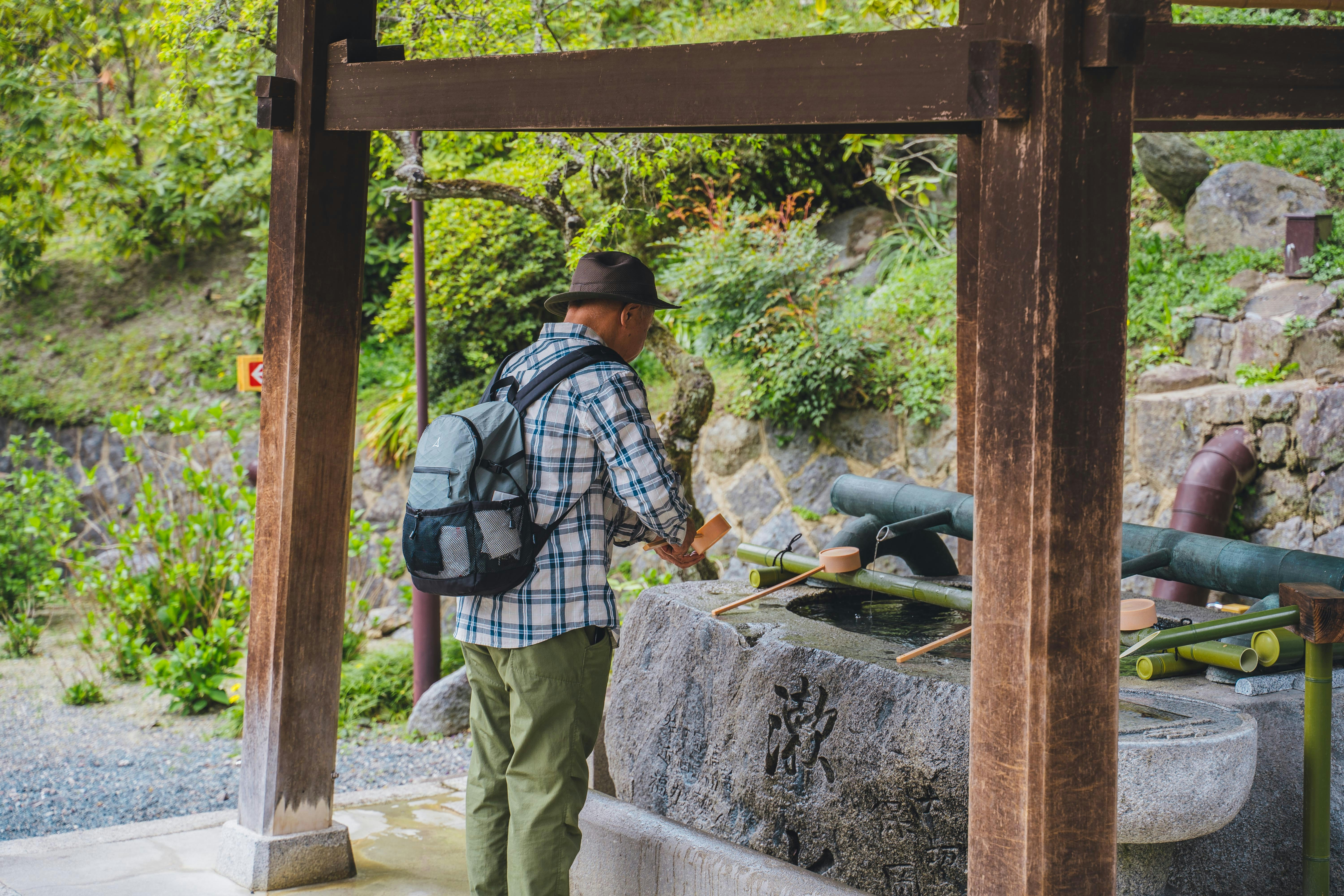
Bowing isn’t optional — it’s instinctive. Shoes come off indoors, chopsticks don’t stab rice, and slurping noodles isn’t rude — it’s encouraged. Japan isn’t rigid; it’s reverent. Knowing the small rituals shows you’re not just passing through — you’re paying attention.
3. Public Transport Is a Masterclass in Silence
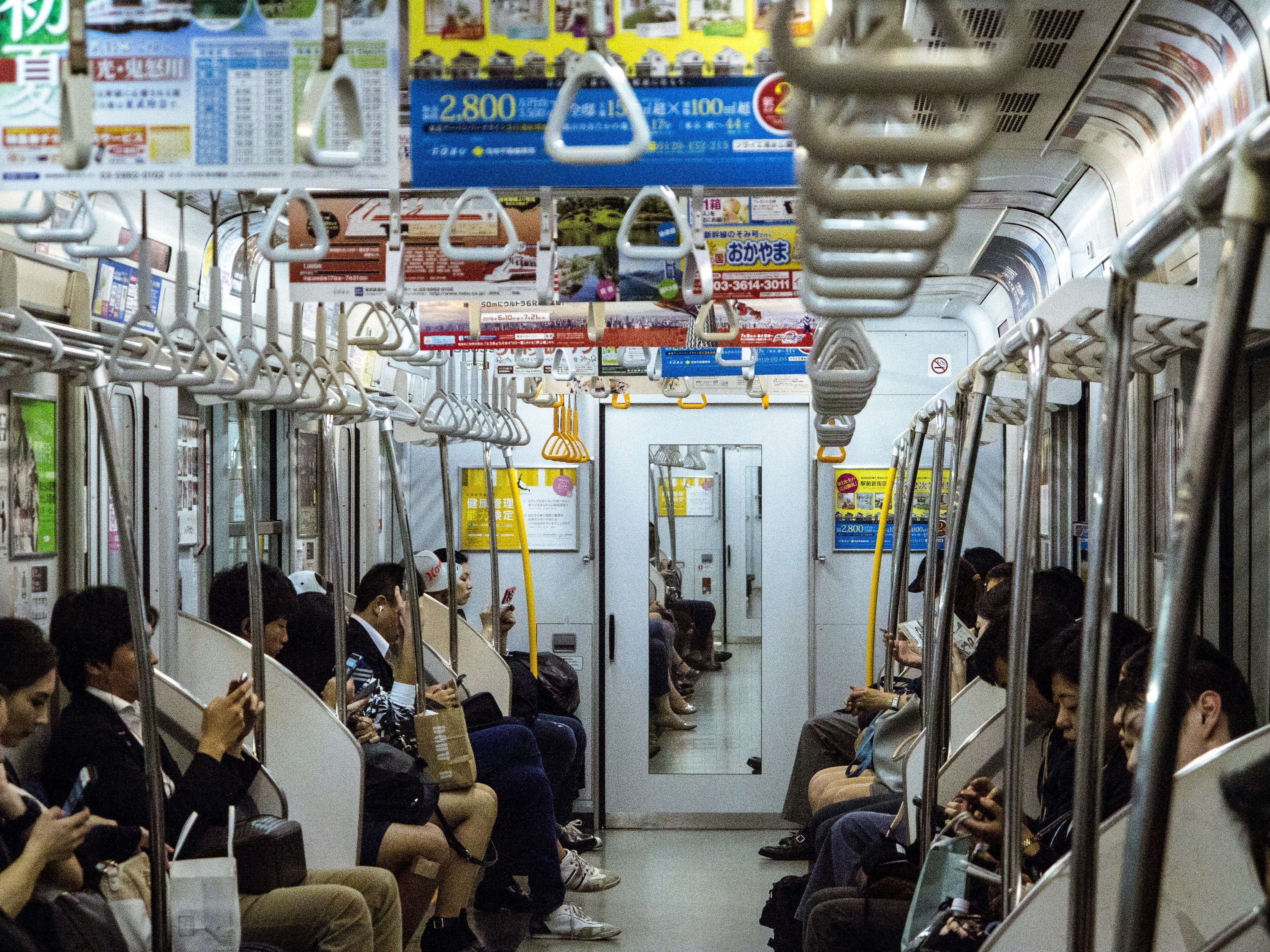
Trains are whisper-quiet. No loud phone calls, no music bleeding through headphones. Even in rush hour Tokyo, there’s an unspoken harmony. Speak softly, avoid eating onboard, and treat every commute like a moving meditation.
4. Japan Rail Pass Is Worth the Math

If you’re planning to city-hop, the JR Pass can be a wallet-saver — but only if you’re doing the mileage. Available only to tourists and best bought before arrival, it’s your golden ticket to bullet trains, scenic routes, and spontaneous detours.
5. Convenience Stores Are Culinary Gold
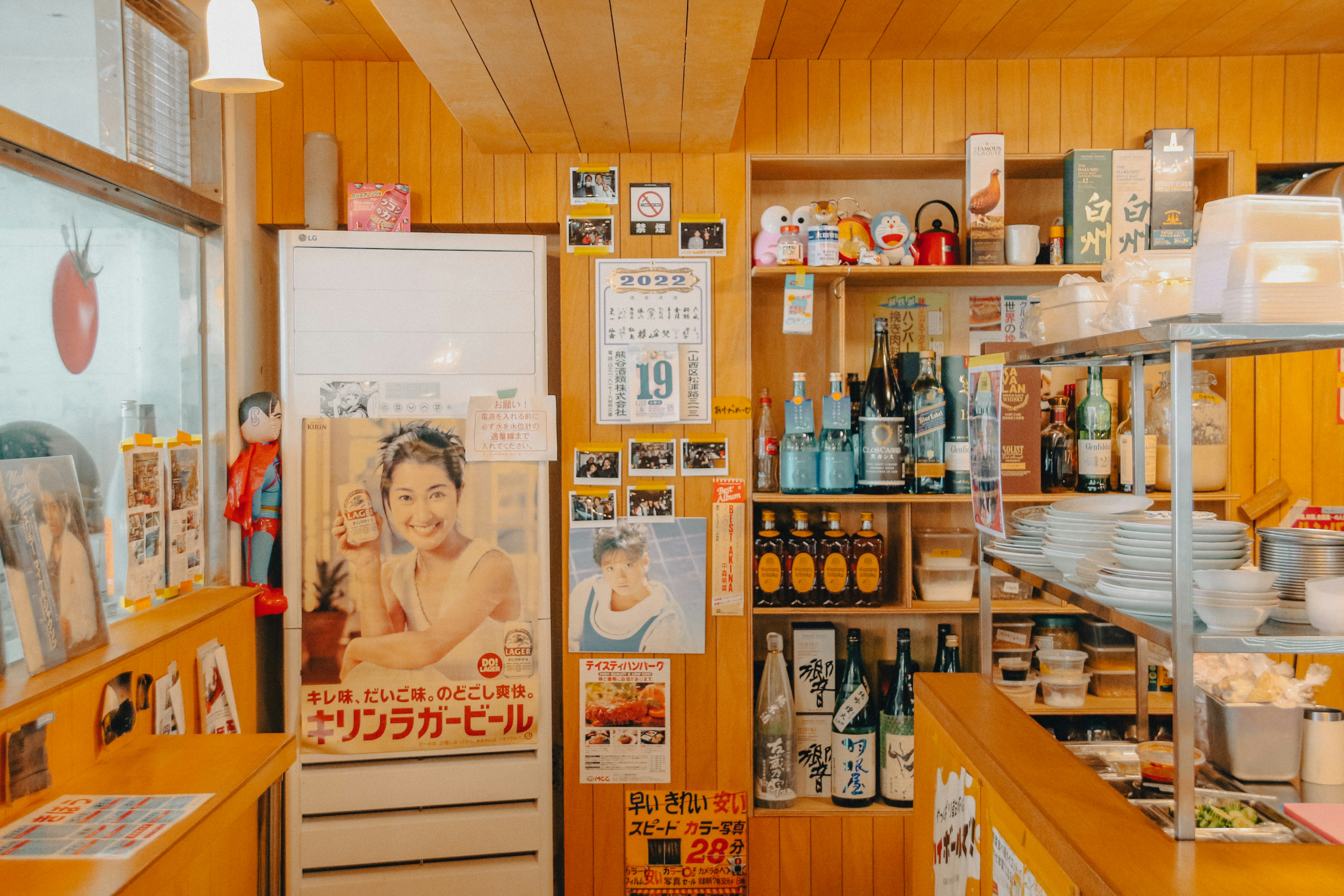
7-Eleven, FamilyMart, Lawson — they’re not just for snacks. Fresh sushi, bento boxes, hot meals, and seasonal treats are sold with shocking quality. Don’t underestimate what looks like a gas station meal — it may outdo your hotel breakfast.
6. Wi-Fi Isn’t Everywhere
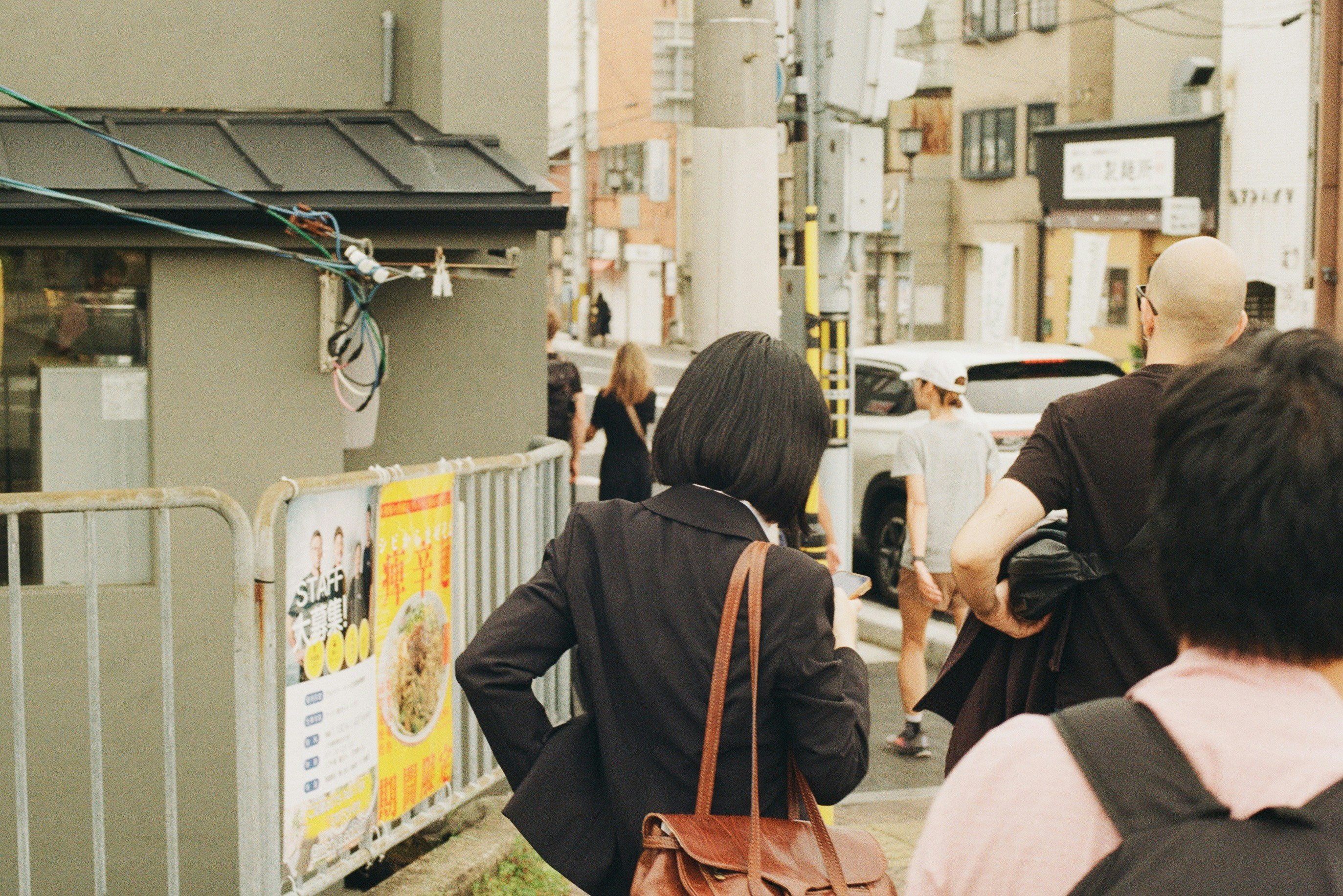
Public Wi-Fi can be surprisingly patchy. Rent a pocket Wi-Fi or buy a local SIM at the airport. Japan is hyper-connected, but unless you’re plugged into the right channel, navigating apps, translations, and maps could get tricky fast.
7. Trash Bins Are Rare — and Recycling Is Serious
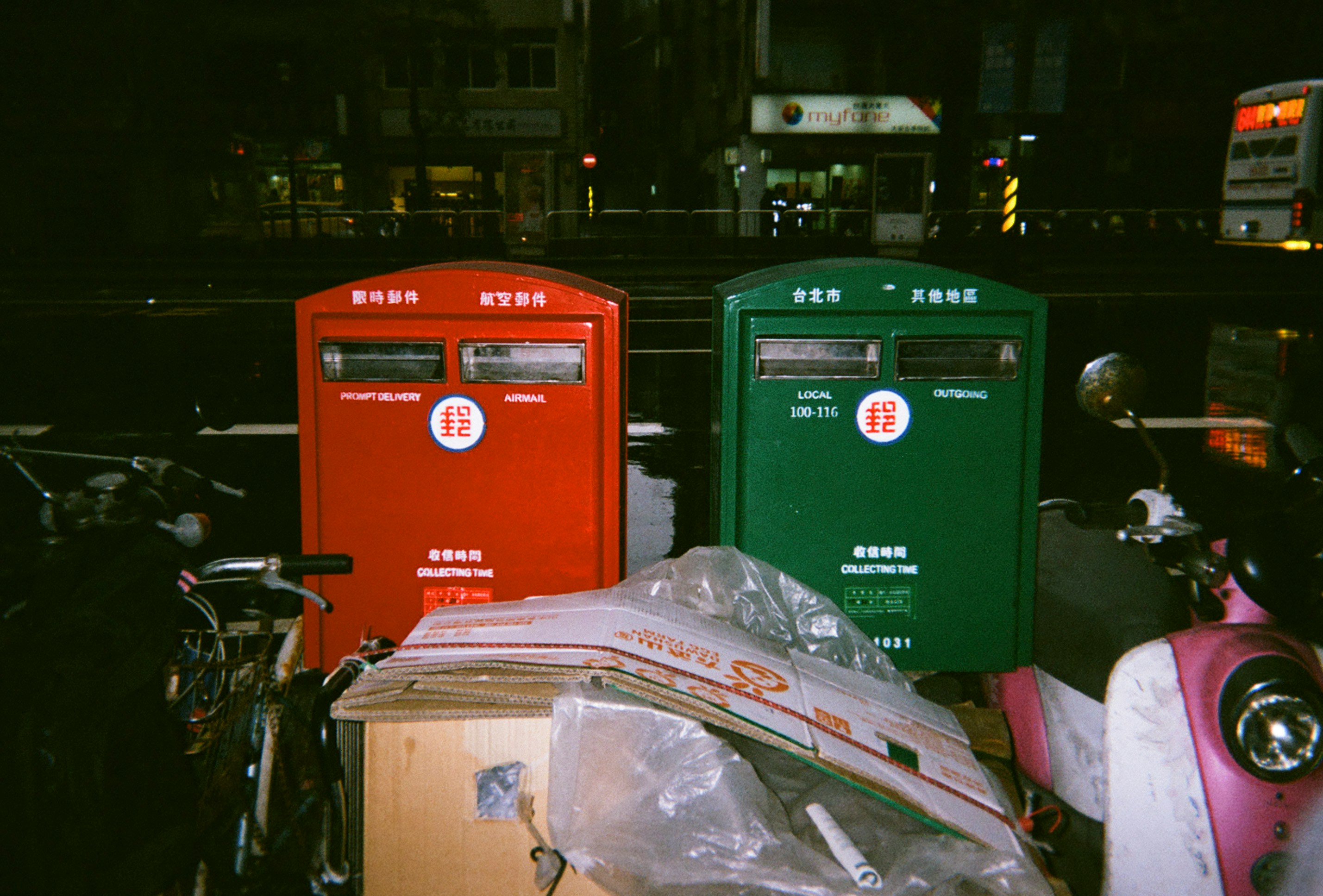
You’ll carry your trash longer than expected. Public bins are limited, especially in cities. Sorting is also strict — burnables, plastics, cans. Don’t dump and dash. When in doubt, bring it back to your hotel. Cleanliness is communal.
8. Language Barriers Are Real, But Graceful
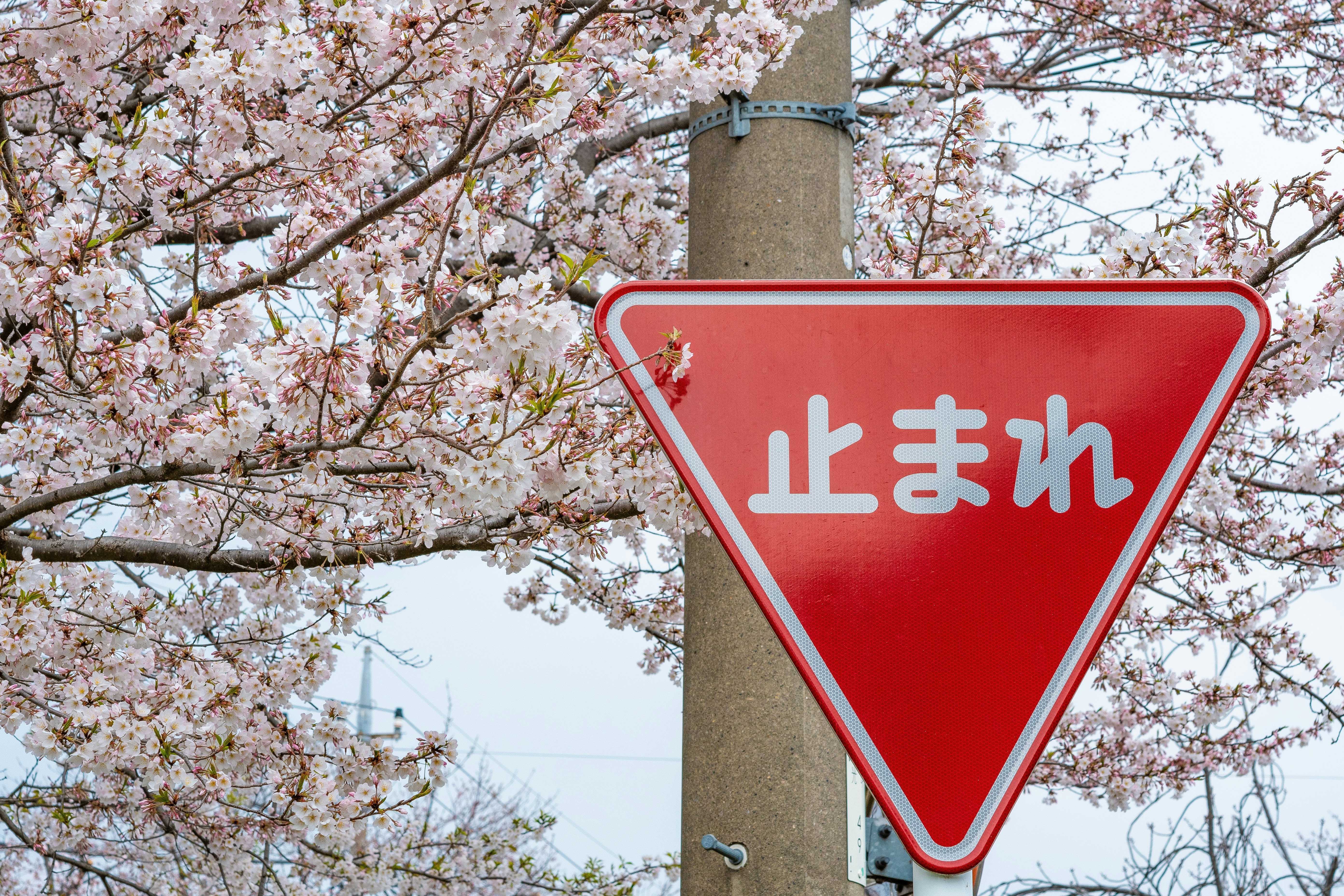
English isn’t always spoken fluently, especially outside major cities — but patience, gestures, and Google Translate go a long way. Most locals are incredibly helpful. Bow often, smile generously, and your effort will speak volumes.
9. Tipping Is Unwelcome

Leave your tips at home — literally. In Japan, great service is the default, not something to reward. Offering extra cash may confuse or even offend. Gratitude is shown in words, not bills. A sincere “arigatou gozaimasu” is more than enough.
10. Book Accommodations Early

Hotels and ryokans (traditional inns) book out fast, especially during cherry blossom or fall foliage seasons. Last-minute deals are rare. If you want that tatami-mat, onsen-view room or capsule pod experience, plan months ahead — or miss out.
11. Respect for Space Is Non-Negotiable
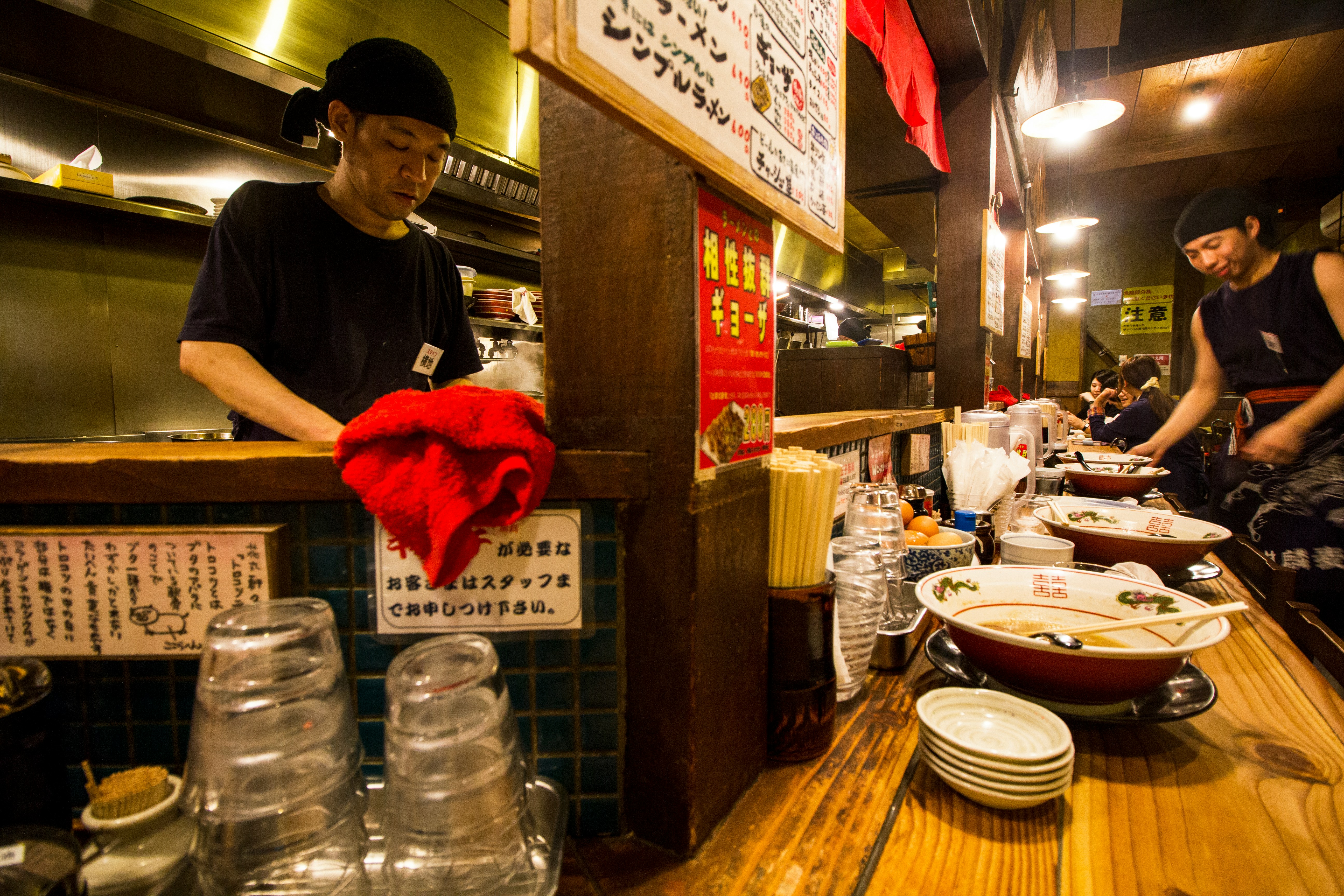
Japan is dense, but never invasive. Personal space is sacred — in queues, elevators, even conversations. Don’t spread out or speak loudly in public. Minimalism here isn’t just aesthetic — it’s spatial and social courtesy.
12. Seasonal Travel Feels Like a New Country
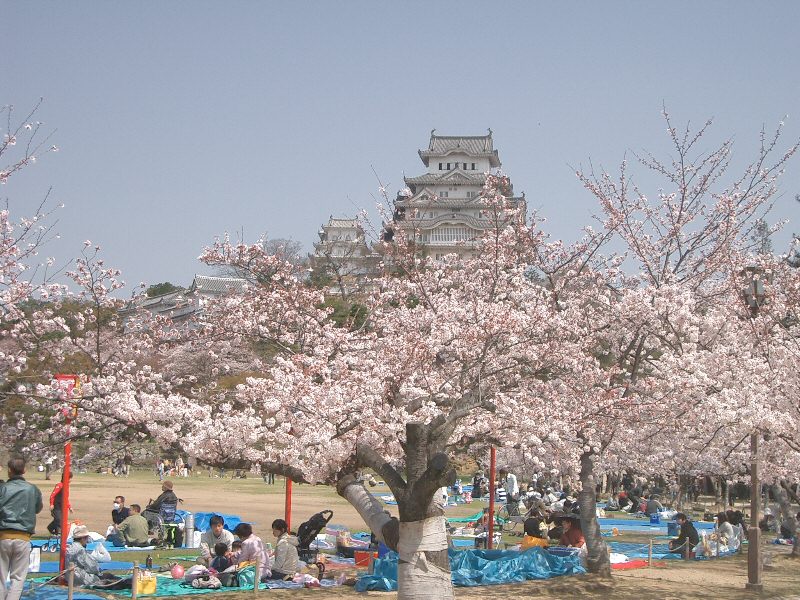
Japan reinvents itself every season. Cherry blossoms in spring, fireworks and festivals in summer, crimson leaves in autumn, and steaming onsens in snowy winter. Choose your timing wisely — your experience can shift completely by month.
13. Be Ready to Slow Down
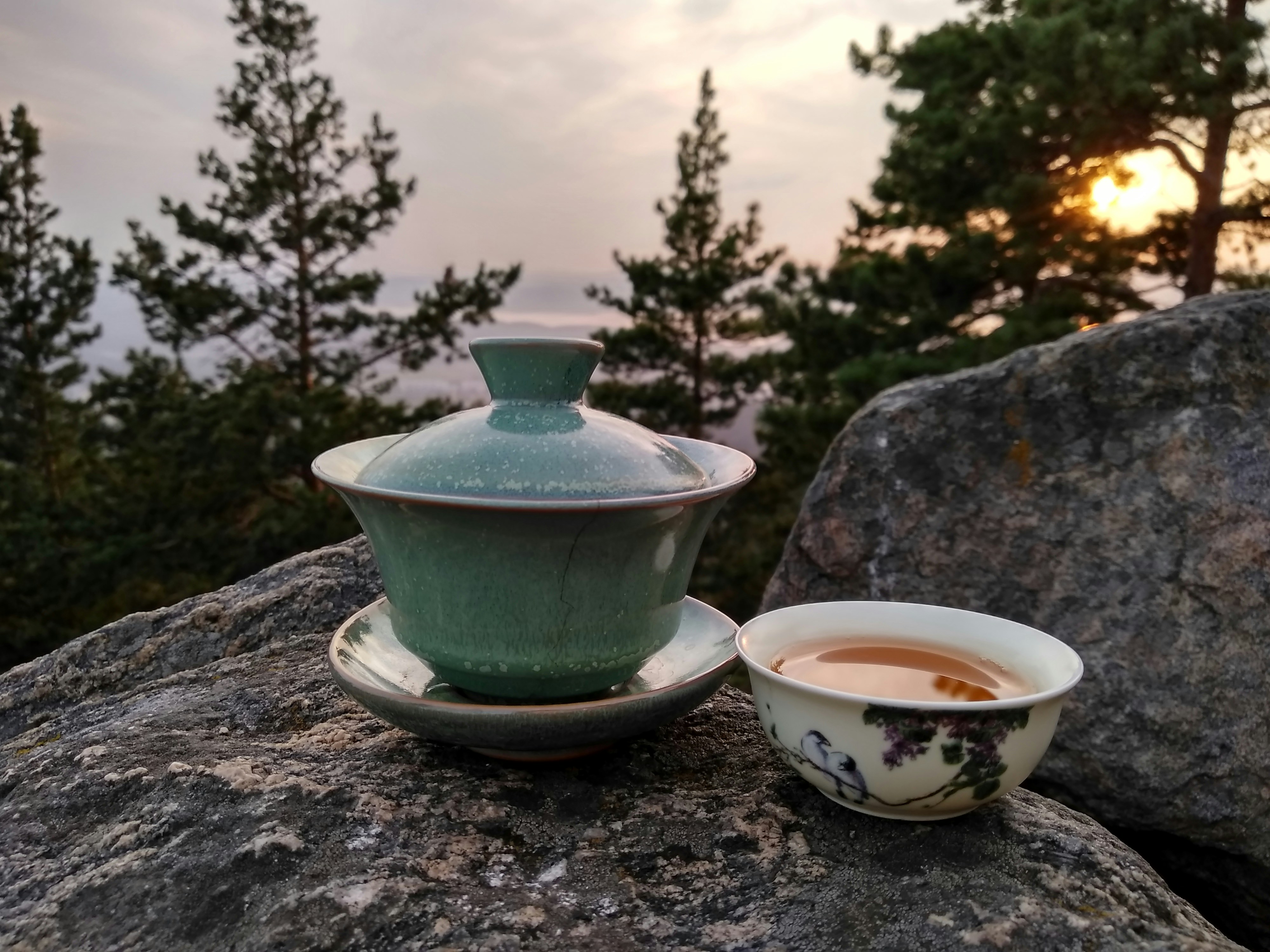
For all its speed and innovation, Japan encourages slowness: watching koi in a garden pond, following the rhythm of tea being poured, standing quietly at a shrine. The magic isn’t always loud or visible — it’s felt in stillness. Don’t rush it.
Reserve What Matters, Leave Breathing Room
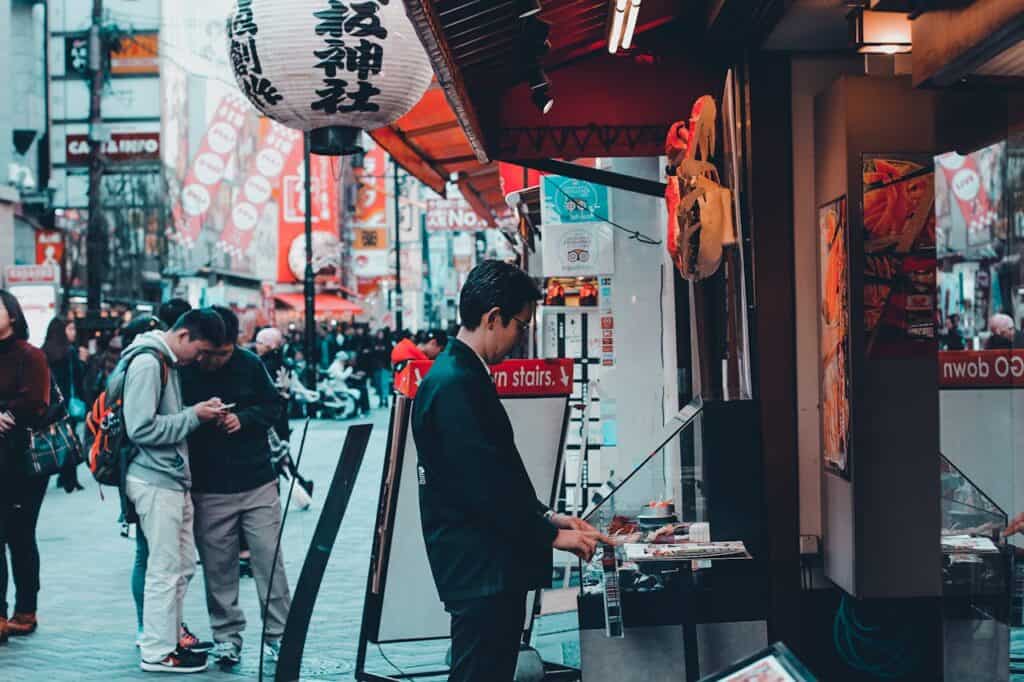
Book the hard‑to‑get things early—popular museums, teamLab, Ghibli, small sushi counters—then protect open space around them so days do not turn into sprints. Aim for one anchor plan per day and let the rest unfold with neighborhood walks, kissaten coffee, and park detours. In Japan, the unscheduled moments often become the signature memories.